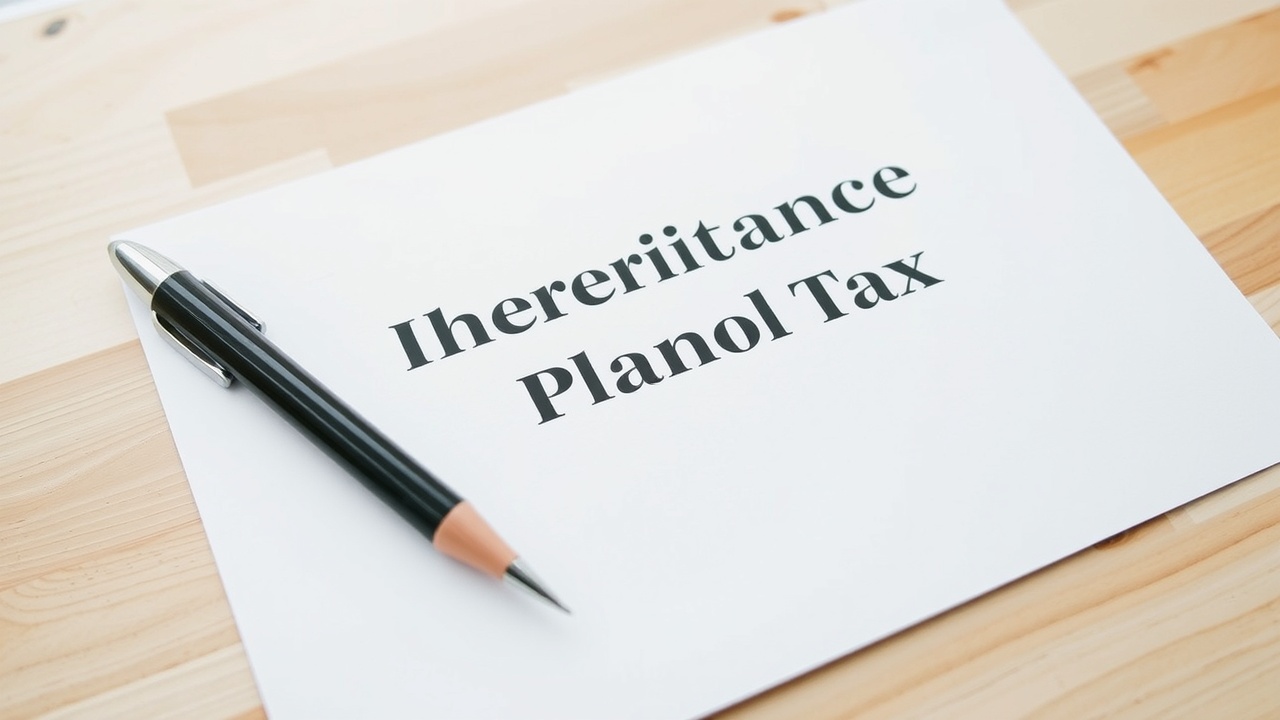
Inheritance tax calculations will start to include pension savings in 2027, and many retirees are already taking precautions to avoid fees
Because of changes to the way pensions will be handled as part of a person's estate after they pass away, inheritance planning is about to undergo a major overhaul.
In her Autumn Budget last year, Chancellor Rachel Reeves declared that, starting in April 2027, pensions would be considered a part of an estate for inheritance tax purposes.
Adding pension portfolios to an individual's estate value could increase inheritance tax bills, which are already on the rise. Although the drastic changes are still being discussed, many experts believe it will alter how people think about estate planning.
Even prior to the announcement of the IHT changes, there were indications that people were withdrawing more from their pension.
Pension pots accessed in 2023 - 2024 increased by nearly 20% over the previous tax year, according to AJ Bell's analysis of Financial Conduct Authority (FCA) data.
The investment platform blamed the crisis in the cost of living for this.
Additionally, many were taking out 8 percent or more of their pension pot income, which is higher than the conventionally advised 4 percent rule.
The pension freedom regulations, which allow retirees to access their hard-earned money however they choose, were introduced ten years ago next month. Now, however, the focus might shift to keeping the pot safe from the taxman.
AJ Bell's head of public policy, Rachel Vahey, stated: "Advisers have already begun discussing with their clients the potential effects of these proposals on their estate and retirement planning. Many people are also worried about how these proposals will affect pension saver behavior, and they are already doing so.
"There is a serious risk that more people will leave themselves with insufficient income to last their lifetimes and end up needing government assistance in their later years if they are encouraged to withdraw pension funds more quickly. Those who use up their pensions sooner will have less money to pay for long-term care, which could have an impact on how long-term care is funded.
It goes without saying that worries about how pension savers' behavior may change and the resulting effects run the risk of making the difficulties already present in this policy area worse.
Here's how to avoid the inheritance tax trap with your pension.
Try to minimize your taxes.
Make sure the funds are outside of your estate and that you don't pay any unnecessary fees even if you withdraw money from your pension to avoid inheritance tax.
Twenty-five percent of your pension is tax-free, while the remaining amount is taxed at your income tax rate.
Gifting is another way to lower your IHT bill.
As long as you are alive for seven years following the payment, this guarantees that funds you spend on or donate to your loved ones can be taken out of your estate.
Additionally, there is a 3,000 yearly gift exemption.
However, this strategy has risks, according to Wealth Club investment manager Nicholas Hyett.
The first is that if you take out more than the 25 percent tax-free lump sum, you run the risk of moving into a new tax bracket and paying higher or additional rate income tax on the money when you didn't have to," he stated.
"The second, and possibly more significant, risk is that you will run out of money when you retire. People frequently find that retirement is longer and more costly than they anticipated, and they are unable to request their money back when they want it. You wind up depending on your heirs' generosity, and there's no assurance that they'll hold onto your gifts in case of emergencies.
Use additional resources.
While there isn't a direct method of shielding pension funds from inheritance tax once the regulations change in 2027, Ross Lacey, director of Fairview Financial Management, adds that there are actions that could be taken right now.
According to him, "We're looking at ways to protect other assets our clients have from inheritance tax, like using trusts, or putting plans in place to use insurance to cover the possible tax bill," he said.
Trusts are a useful tool for estate planning as well.
Rachael Griffin, a tax and financial planning specialist at Quilter, stated: "A discretionary trust can be used to hold assets, such as a lump sum pension, outside the estate for the purposes of IHT.
"Trusts offer a controlled way to transfer wealth, especially for younger beneficiaries, even though there might be an IHT charge if the amount exceeds any available nil-rate band.
Because pensions bequeathed to a spouse or civil partner will remain IHT-free, Griffin said, spousal planning is still crucial.
"Effective management of tax liabilities can be achieved through careful planning regarding the distribution of pension assets and the anticipated succession order," she continued. Another possible tactic is charitable giving, which can reduce the overall IHT rate from 40% to 36% by donating at least 10% of a net estate to charity. This makes it a tax-efficient way to leave a legacy.
An additional factor in controlling IHT liabilities is life insurance.
According to Griffin, "IHT can be covered by money from a whole-of-life insurance policy written in trust, preventing beneficiaries from having to liquidate assets to cover the tax liability.
Investing in an alternative investment market (AIM) ISA is an additional choice because companies listed on AIM are eligible for a lower inheritance tax rate of 20% instead of 40%, which can lower your overall IHT bill even if your pension is included.
Things to consider before transferring your pension.
Although the idea of pensions being taken into account when calculating inheritance taxes may seem unsettling, the changes won't happen for another two years, so it might be dangerous to begin taking more money out of your pension now as it could result in you running out of money for your own retirement.
"If you are under 75, your pension can currently pass to your children free of inheritance tax and free of income tax, and if you are over 75, it can pass free of inheritance tax," stated Joshua Gerstler, a chartered financial planner with The Orchard Practice. "Unless you know you won't die within the next two years, maintaining the status quo is sensible."














Leave a comment on: How to safeguard your pension against changes in inheritance taxes made by the chancellor